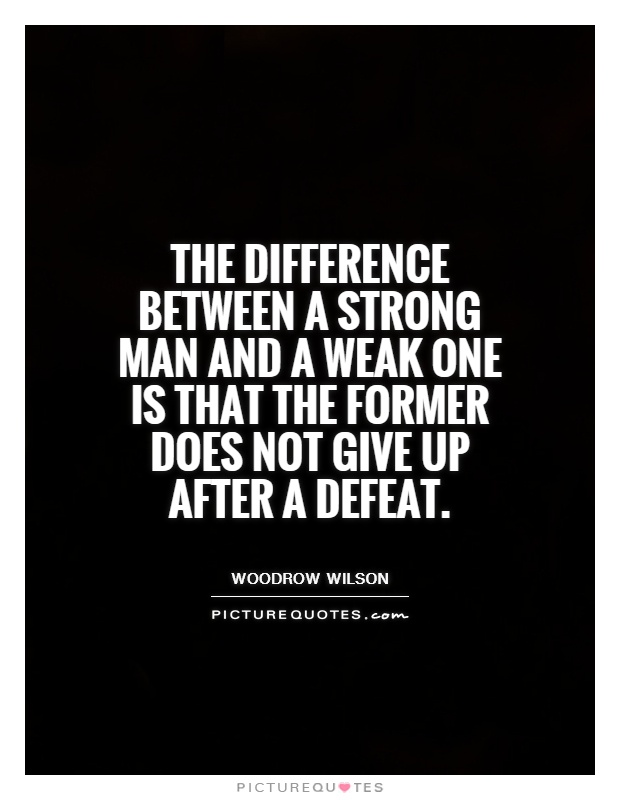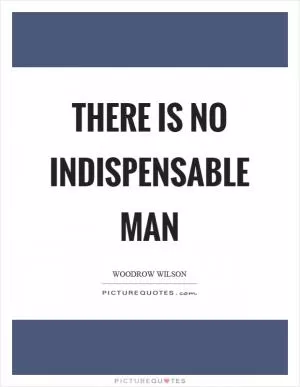The difference between a strong man and a weak one is that the former does not give up after a defeat

The difference between a strong man and a weak one is that the former does not give up after a defeat
Woodrow Wilson, the 28th President of the United States, was a man known for his strong leadership and unwavering determination. Throughout his presidency, Wilson faced numerous challenges and setbacks, but he never allowed these defeats to deter him from his goals. His resilience and perseverance in the face of adversity set him apart as a strong leader, demonstrating the difference between a strong man and a weak one.One of the most notable examples of Wilson's resilience was his fight for the League of Nations. Wilson believed that the League of Nations was essential for maintaining peace and preventing future conflicts, and he dedicated himself to securing its establishment. Despite facing opposition from both political rivals and members of his own party, Wilson refused to give up on his vision. He traveled across the country, delivering speeches and rallying public support for the League of Nations. Although ultimately unsuccessful in securing U.S. participation in the League, Wilson's determination and perseverance in the face of defeat demonstrated his strength as a leader.
Wilson's refusal to give up after a defeat was also evident in his efforts to pass progressive legislation. Throughout his presidency, Wilson pushed for reforms such as the Federal Reserve Act, the Clayton Antitrust Act, and the Federal Trade Commission Act. Despite facing resistance from Congress and powerful special interests, Wilson continued to fight for these reforms, eventually succeeding in passing much of his progressive agenda. His ability to persevere in the face of opposition and setbacks showcased his strength as a leader.












 Friendship Quotes
Friendship Quotes Love Quotes
Love Quotes Life Quotes
Life Quotes Funny Quotes
Funny Quotes Motivational Quotes
Motivational Quotes Inspirational Quotes
Inspirational Quotes